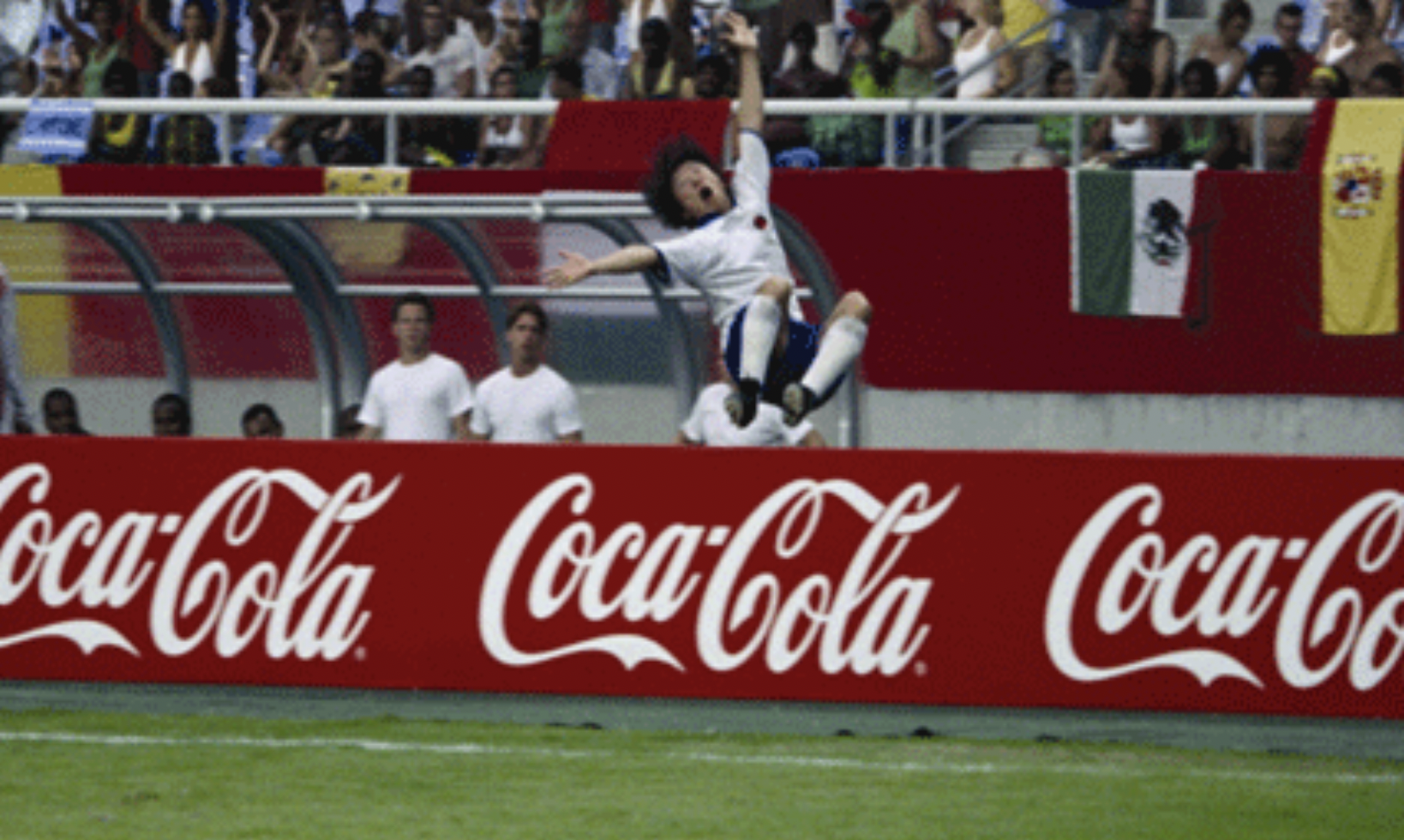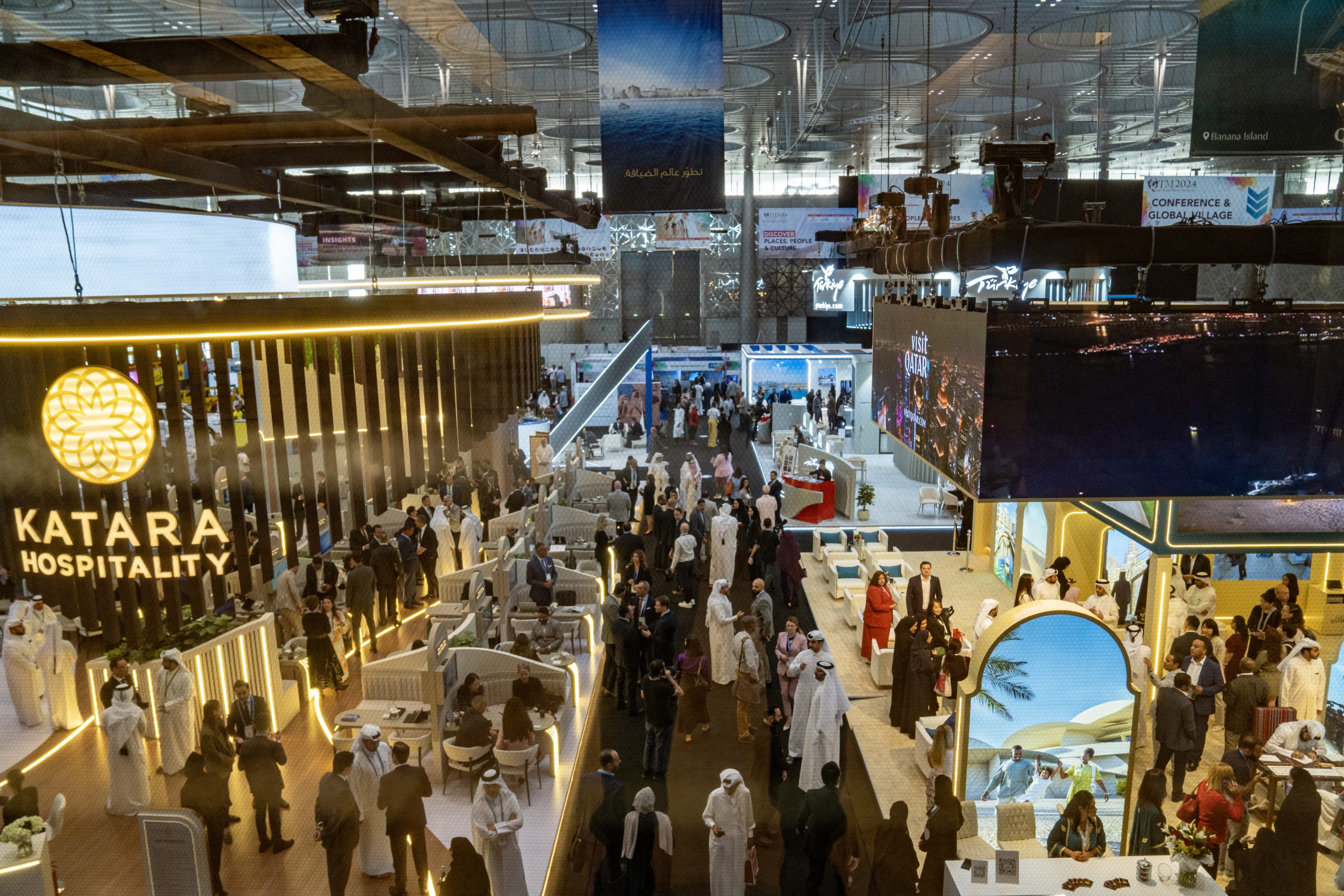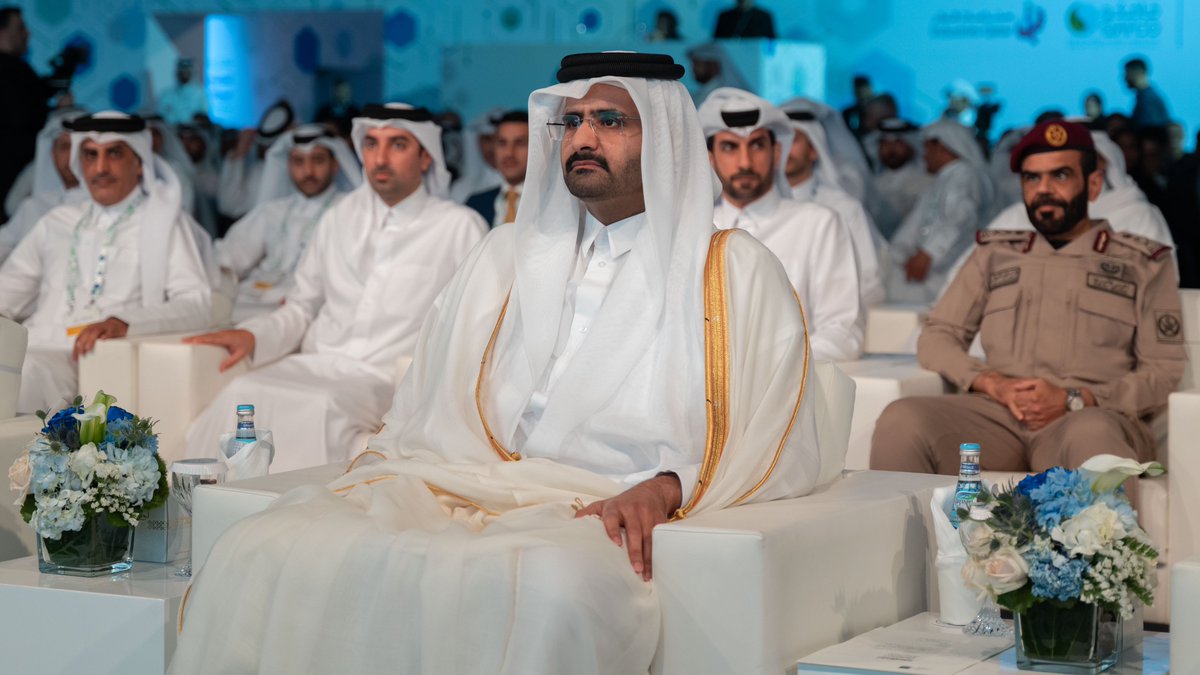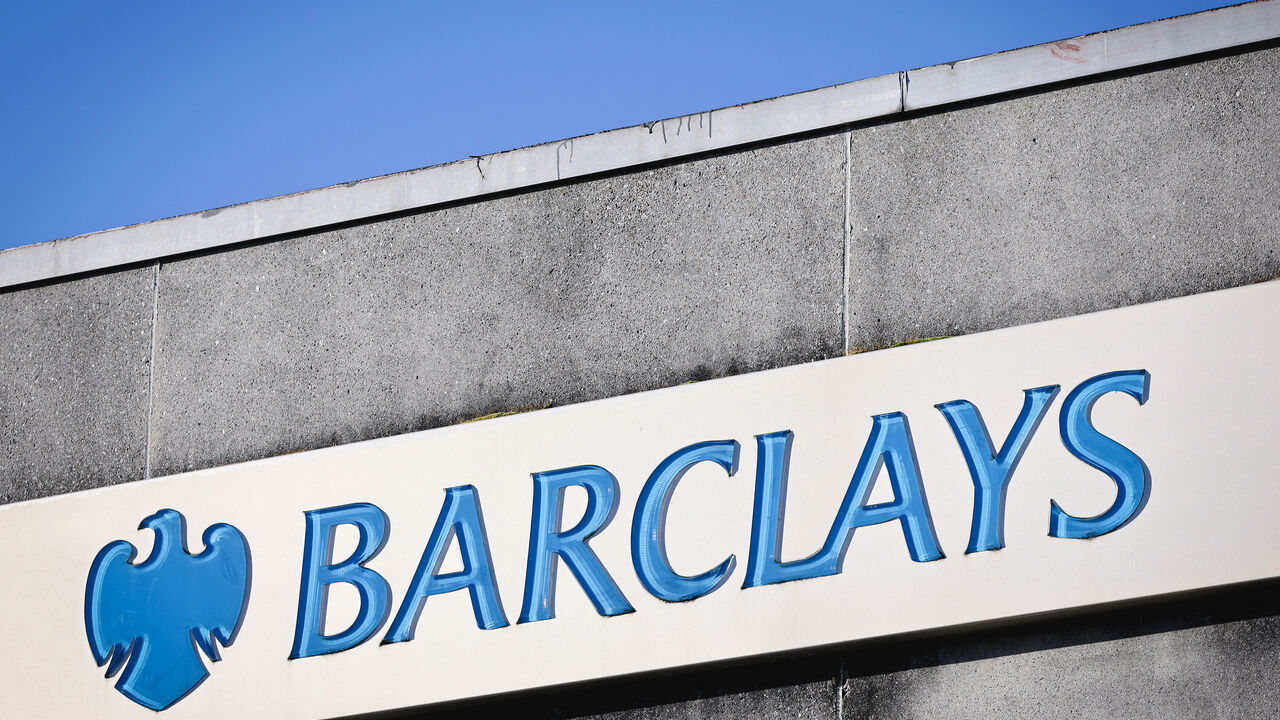What drives corporations to invest millions of dollars in the global football tournament, how much do they usually pay and what do they get out of it?
FIFA funds its World Cup organisation activities by auctioning off the use of its exclusive World Cup IP rights to corporate sponsors, who then use them for advertising and event association.
This year’s tournament sponsors are fourteen; Budweiser, Adidas, Coca-Cola, McDonald’s, Visa, Hyundai-Kia, Wanda Group, Qatar Energy, Qatar Airways, Vivo, Hisense, Mengniu, Crypto and Byju’s.
Sponsorship of the worldwide tournament has the potential to be a strong tool with unmatched exposure.
Over time, it appears that taking the event on a global tour has been a successful strategy for attracting sponsors. For each tournament, a number of significant companies from the host country will sign up in an effort to be linked to the country’s success story. This year’s event is sponsored by six Qatari companies.
These sponsors do sometimes stay. Ahead of the 2002 tournament, which South Korea and Japan jointly co-hosted, Hyundai, a South Korean automaker, established a partnership with FIFA. It has continued to support the competition ever since.
As the official sponsor of the credit cards used to purchase World Cup tickets, Visa, for instance, benefited from millions of credit card transactions.
This is precisely why FIFA is known for its cease and desist letters. One of its most valuable assets is its Intellectual Property, and the world football governing body will do anything to protect it.
What is Intellectual Property?
The term refers to something that a person has either thought of or created. Some types of IP include copyrights, patents and trademarks. IP belongs to the person who thought it out or put the work into creating it, and they get to decide who makes it, how, and where it’s used.
FIFA’s IP includes the tournament’s official emblem, its official trophy, FIFA’s logo, the FIFA Living Football Claim, and word marks too.
Legally, the words and phrases below also fall under FIFA’s IP:
- FIFA World Cup Qatar 2022
- FIFA World Cup
- فيفا وورلد كوب
- FIFA
- فيفا
- World Cup
- كأس العالم
- World Cup 2022
- وورلد كوب 2022
- Copa Mundial
- Coupe Du Monde
- Mundial
- Qatar 2022
- قطر 2022
To understand what fuels the actions and reactions of sponsors, it’s important to understand the concept of sponsorship and why brands are willing to pay such a hefty cost.
“Essentially what sponsors are doing by sponsoring events, teams, and individual players is they are trying to sell things. If a sponsorship doesn’t make a commercial contribution to what companies are doing, those sponsorships end,” Simon Chadwick, Professor of Sport and Geopolitical Economy at SKEMA Business School in Paris, told Doha News.
FIFA offers businesses and brands the chance to support the World Cup, in addition to international and regional competitions, as official sponsors.
According to data, these sponsors provide FIFA almost $1.60 billion for the World Cup.
Qatar’s issuing of the FIFA IP Law
On 29 July, 2021, Amir Tamim bin Hamad Al Thani issued the FIFA IP Law No. 11 of 2021 on the Protection of Trademarks, Copyrights and Related Rights of Fédération Internationale de Football Association (“FIFA”).
Article (7) of the law gives any FIFA trademark the recognition and protection even if the aforementioned were not registered officially in Qatar, the only condition requested is the registration of the trademark in any member country to the Paris Convention for the Protection of Industrial Property, which Qatar is a signatory of.
The Legislator explicitly states that the protection is valid until the end of FIFA World Cup 2022, as stipulated in article (1), particularly in the definition of FIFA owned Trademarks.
Some of the famed sponsors
One of the first and largest sponsors of FIFA and the World Cup is the German sportswear giant Adidas. It began sponsoring the major tournament in 1970 and has been with FIFA ever since. Adidas signed the contract renewal in 2013, extending it through 2030.
The 2014 World Cup brought about a surge in the firm shares. According to projected figures, Adidas will provide $100 million to FIFA for each World Cup event through 2030.
Since 1974, Coca-Cola has had a relationship with FIFA. The beverage giant committed to a 16-year extension with FIFA in 2005, taking it through the World Cup in 2022, before it even knew where the 2018 and 2022 competitions would take place.
Visa and FIFA agreed to a sponsorship agreement in 2007 for the major event beginning with the 2010 World Cup. Since that time, the stock price of the major credit card company has successfully increased as it competes with Master Card. Each World Cup tournament, FIFA receives $85 million from Visa.
Market-driven morality
With consumer activism on the rise, brands and services that disregard such consumer interests run the danger of alienating consumers. On the other hand, making investments in actions that demonstrate their dedication to shared values can develop close relationships and brand loyalty.
Amnesty International has stated that four out of the tournament’s fourteen sponsor —Budweiser, Adidas, Coca-Cola, and McDonald’s—had expressed support for ensuring that workers have access to remedies.
Steve Cockburn, Amnesty’s head of economic and social justice, stated that ten other sponsors — Visa, Hyundai-Kia, Wanda Group, Qatar Energy, Qatar Airways, Vivo, Hisense, Mengniu, Crypto, and Byju’s — had not responded to written requests to examine tournament-related violations.
The #PayUpFIFA campaign is a collective appeal by human rights groups for FIFA to match the tournament’s $440 million in prize money with compensation for migrant workers who have experienced human rights violations during the tournament’s preparations.
“The fact that we are now seeing sponsors calling for one side or the other is a really significant step because they have made a commercial decision that financially it makes good sense for them amongst their key target consumers to adopt this particular position,” said Chadwick.
A company’s participation in projects, initiatives, programmes, charity, and business practises that encourage good social engagement across a range of topics is known as corporate social responsibility, or CSR. It can cover a wide range of topics, from internal business regulations and practises to stances on global issues.
“Sponsors have to think about what consumers want, it’s almost like a form of market driven morality.”
The face of consumer activism in 2022 is somewhat different from that of the past. Consumer behaviour seems to be trending away from boycotts of specific brands and products intended to deter unethical business behaviour. Instead, they are investing their money with businesses and organisations that support the issues that are consistent with their values.
“I think that attitudes around the world to certain issues have crystallised and strengthened to the extent that now brands, sponsors, and companies, really can’t afford to adopt a neutral position. Their business can be significantly affected by not taking such a position,” added Chadwick.







